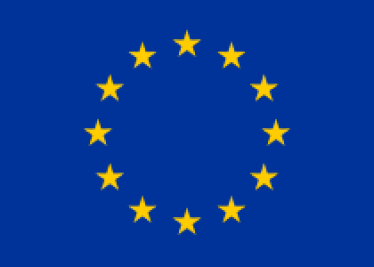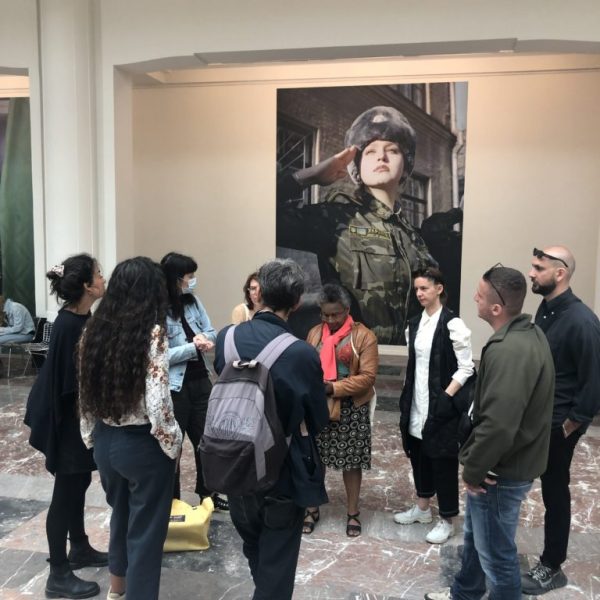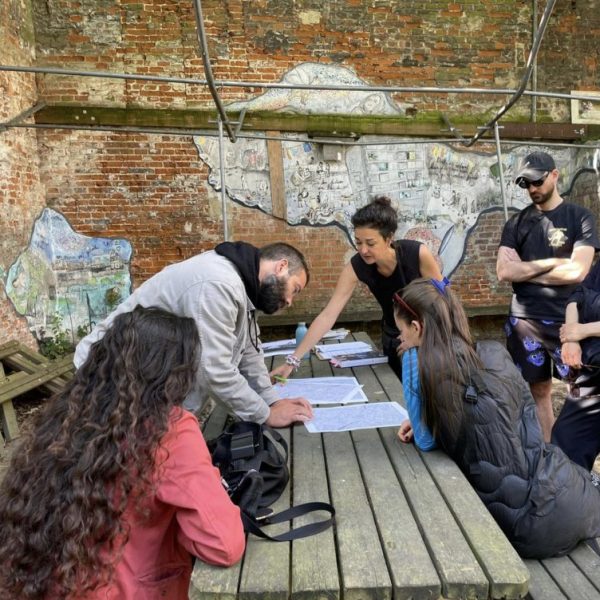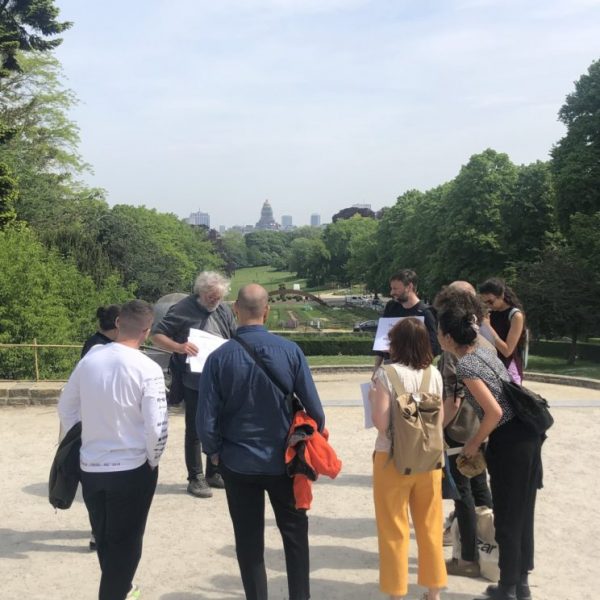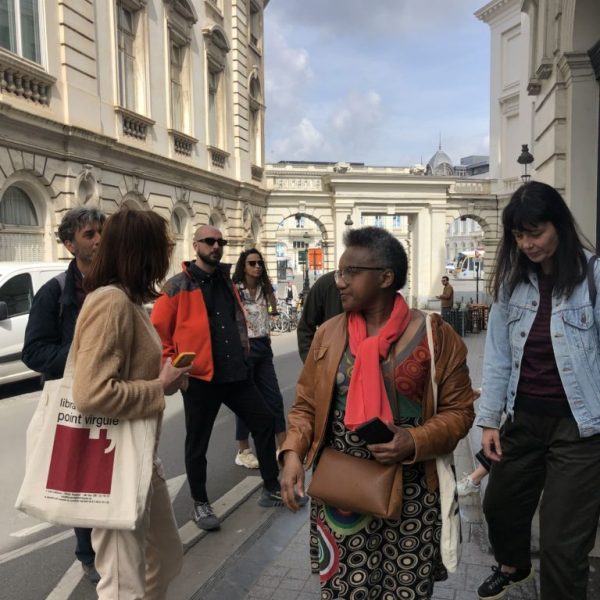Caravan Residency program at Alexandria – Discovering the residence in Brussels
After illustrating the first phases of the ‘Caravan Residency Program: Thinking with Alexandria’ held in Biella, Alexandria and Nicosia, we highlight the contents and behind the scenes of the residency held in Brussels from 9 to 14 May. Together with the participation of local scholars, institutions and architects, the residency’s social entrepreneur, Pauline de La Boulaye, allowed the participating group to observe the city through its relationship with other aspects such as water, colonial history and the urban layout itself. Let’s find out all the details.

From 9 to 14 May 2022, the third stage of the ‘Caravan Residency Program’ took place in the Belgian capital. During the residency, the social entrepreneur of reference, Pauline de La Boulaye, planned three different urban excursions in relation to the theoretical and lived problems of the city. Brussels is a metropolis, the capital of a European state and the largest city in Belgium; however, Pauline, during this residency, wanted to show the residents another aspect, comparing it to a large living body. For this reason, urban scars, understood as seams between formal and informal spaces in Brussels, were the central theme of the first organised activities.
Thanks to the guidance of local architects Hans Eelens and Gilles Deburn, the Caravan group had the opportunity to observe the destruction of the historic heart of the urban pole and the numerous attempts that are currently being made to heal these wounds.
During the second excursion, the local association ‘États Généraux de l’Eau’ led residents on a walk that showed how Brussels was built against water and not with water. Approaching nature from the heights of Forest to the gardens of the Seine valley, the inhabitants they met made their own contribution by recounting their struggles to restore water to its status as a common good. Leading the last phase of the residency was Georgine Dibua, a researcher dedicated to analysing public spaces with a de-colonial approach. Pointing out the materials which the buildings and monuments of the city of Brussels were constructed, she narrated the sad historical events of slavery and exploitation of the resources of the Congo, until 1960 a Belgian colony. Furthermore, as a result of her own observations, Georgine Dibua revealed the colonial impregnation of cultural institutions and some of the city’s neighbourhoods, such as the European and Royal districts.
In addition to the excursions, the artists met stakeholders of the Brussels cultural scene, visited exhibitions, festivals, temporary exhibition spaces and attended the screening of Our City, a film by Maria Tarantino that draws an intense multicultural, multi-social and multi-spatial portrait of Brussels. As was the case with each previous residency, in the Belgian capital, the residency week ended with a discussion meeting between the different participants in the experience, continuing the so-called end-of-residency forum.
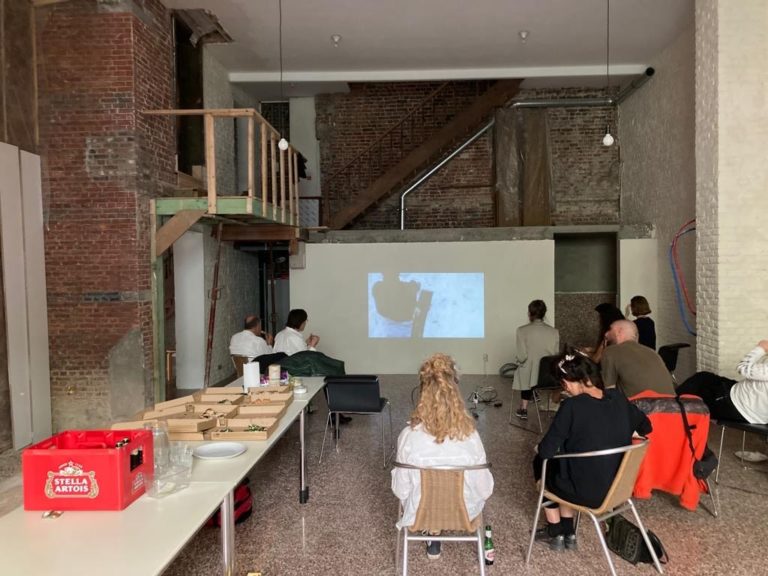
The protagonists of the third residency in Brussels
The Social Entrepreneur of this experience was Pauline de La Boulaye, accompanied and supported by local experts Georgine Dibua, Hans Eelens and Gilles Debrun, as well as local organisations, including Bozar – Christel Tsibilaris & Marie Claes, the Boghossian Foundation and ‘États Généraux de l’eau à Bruxelles’. Participants in this segment of the Caravan programme were Omnia Sabri, Latent Community and Nina Kurtela.
The social entrepreneur in Brussels:
Pauline de La Boulaye studied history and social sciences. Since 1998, she has curated exhibitions, art projects and commissions for museums and cities, as well as private and corporate foundations. Pauline has worked for international art and architecture festivals and has lectured at universities. The Brussels-based social entrepreneur is an independent curator who realises urban art projects and, at the same time, produces several publications within the connections between people, arts and the city.
Text: Cittadellarte





